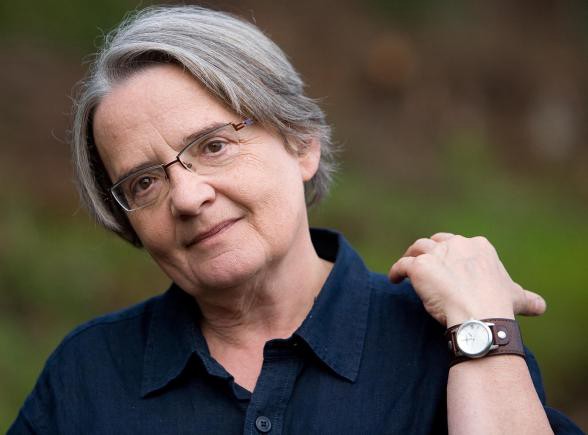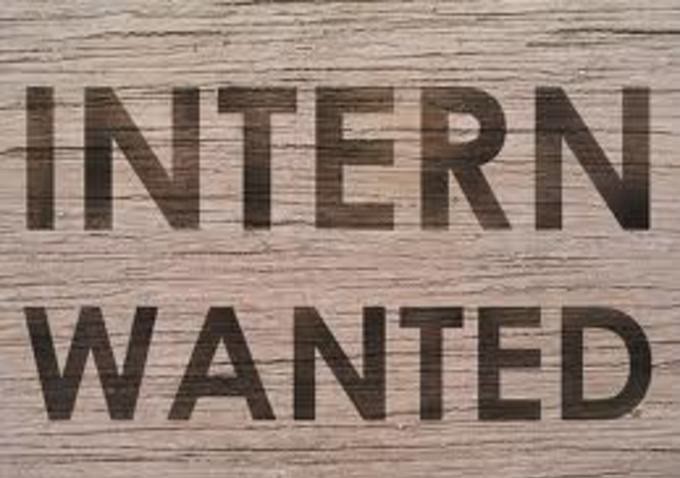As the awards season gets under way each year I look for the women who are nominated and most years I’m disappointed — the only award category where it is certain that a woman will be nominated is best actress. Why is there a category for actors who are women but not for writers or directors who are women? Why do actors who are women seem happy to have their own category, when screenwriters and directors who are women reject the idea of categories like best screenplay by a woman or best woman director?
It’s understandable that women want to compete to be the best writer or director regardless of gender, but at the moment best director is almost the equivalent of Best Actor — wherever in the world there are best director awards the nominations are almost always for men. Women also seem more likely to receive Best Screenplay nominations if they write for a male director or with a man. Take last year’s Oscars. Kristen Wiig and Annie Mumolo’s Bridesmaids was nominated for Best Original Screenplay. But a man directed the film. Bridget O’Connor was nominated for Best Adapted Screenplay as co-writer of Tinker Tailor Soldier Spy. Her co-writer was a man and the director was a man.
The usual pattern is repeated in the just-announced 2012 Moet British Independent Film Awards and the European Film Award nominations. All the Best British Independent Film nominees are directed by men and all those men are nominated for Best Director. Why are Sally Potter and her Ginger & Rosa missing in these categories (although Ginger & Rosa has three other noms — Elle Fanning for Best Actress, Alice Englert for Best Supporting Actress and Robbie Ryan for Cinematography)? And why are Phyllida Lloyd and her The Iron Lady nominated for neither Best Film nor Best Director (with Abi Morgan nominated for Best Screenplay and Meryl Streep nominated for Best Actress)? Co-writers Alice Lowe and Amy Jump with Steve Oram join Abi Morgan as nominees for Best Screenplay,for Ben Wheatley’s Sightseers. Sally El Hosaini is the only woman nominated as Best Debut Director, among four men.
Men directed all the films nominated for European Film 2012. All the nominees for European Director are male. One woman is nominated for European Screenwriter, Yasmina Reza, co-writer on Roman Polanski’s Carnage. Anne Østerud, co-editor on The Hunt (also co-editor on the original Girl With The Dragon Tattoo) is the only woman nominated for European Editor. In the People’s Choice Award, women directed two of the twelve films, Agnieszka Holland’s In Darkness and The Iron Lady — around 17%.
Because of the gender bias in the European Film Award nominations, it’s especially satisfying to see Agnieszka Holland in the list of recipients of Women in Film and Video’s (WIFV) annual Women of Vision Awards, also just announced. WIFV is based in Washington DC, a local rather than a national or international organization, so it’s excellent to see that it’s thinking globally. A Polish director, Agnieszka Holland’s had an extraordinary career. She’s made twenty-eight films, directed television, including episodes of The Wire, The Killing, and Treme. She won the International Critics Prize at Cannes way back in 1978 for Provincial Actors (Aktorzy prowincjonalni) was an Academy Award nominee for her screenplay for Europa Europa, which she also directed. She has twice had a film nominated for the Academy Award for the Best Foreign Language Film, most recently this year for In Darkness. In the interview below she comes across as a human being who’s full of heart and complexity and as a filmmaker with a lot of wisdom to share. The other WIFV awards are regional and honor women for a variety of film-related activities: Shirin Ghareebthe director of the Arabian Sights Film Festival and deputy director of Filmfest DC, director Agnieszka Holland, Margaret Parsons, curator at the Department of Film Programs, National Gallery of Art; and Christine Weber, Vice President of Production for Specials at Discovery Channel. They’ll be presented at the end of the month.
I treasure awards like these and I think it’s great that they often honor women engaged in a range of filmmaking activities. The nominees for another women’s film award, the Gucci Award for Women’s Achievement in Filmmaking at the Venice Film Festival included Colleen Atwood (costume designer Snow White and the Huntsman) Nadine Labaki, (director Where Do We Go Now?) Brit Marling, (actress, Another Earth — which she also co-wrote and co-produced) and Sharmeen Obaid-Chinoy (director Saving Face) and Thelma Schoonmaker (editor Hugo), who won.
Are we nearly ready for a major international women’s filmmaking award ceremony, which builds on the best of awards like Women of Vision and the Gucci Award? I think so!
______________________________
Marian Evans has just completed the first draft of “Throat of These Hours”, her play about two women in a New Zealand radio station and the poet and activist Muriel Rukeyser (1913–1980). She’ll present a reading of the play at the Muriel Rukeyser Centenary Symposium at Eastern Michigan University in March 2013. Marian has a PhD in Creative Writing from the International Institute of Modern Letters, New Zealand’s oldest and most prestigious creative writing programme. She blogs as Wellywood Woman.







